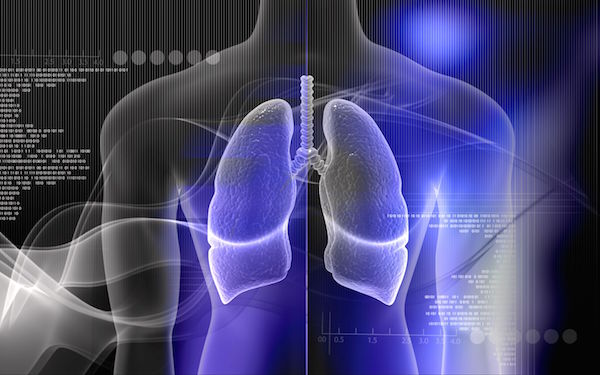
THURSDAY, Sept. 8 (HealthDay News) — People are at much higher risk for developing chronic obstructive pulmonary disease (COPD) than previously thought, according to a new study.
Canadian researchers found that one out of every four people 35 and older is likely to develop COPD, which they called “one of the most deadly, prevalent and costly chronic diseases.” COPD includes emphysema and chronic bronchitis, and the overall risk for developing it surpasses that of heart failure as well as breast and prostate cancer.
“Our novel findings draw attention to the huge burden of COPD on society… and can be used to combat the disease [and] justify the continuation of smoking cessation programs,” the study’s authors wrote in a news release from The Lancet, which published the results in a special European Respiratory Society issue.
The researchers, from the Institute for Clinical Evaluative Sciences in Toronto, used health data on 13 million people ranging in age from 35 to 80 years old to determine the lifetime risk of developing the condition. Over the course of 14 years, 579,466 cases of COPD were diagnosed.
The research found that the average 35-year-old woman is more than three times as likely to get COPD than breast cancer during her lifetime, and the average 35-year-old man is at more than three times greater risk for COPD than prostate cancer.
The study also pointed out that males, people living in rural areas or those with lower socioeconomic status have a greater risk of developing COPD over their lifetimes.
Meanwhile, a separate study in the same journal issue revealed that airway bypass, an experimental and minimally-invasive procedure, does not alleviate the symptoms of severe emphysema, which causes the destruction and hyperinflation of the lungs, making it difficult for people to breathe and perform daily activities such as eating, bathing, and walking.
Even though earlier studies had shown the airway bypass reduced lung inflation and shortness of breath one day after the procedure, the latest analysis of 315 patients followed for one year found no such positive effects after one month or at six months post-procedure. In addition, the patients received no more benefit than the control group patients who underwent a sham procedure.
The London researchers on the trial, known as EASE (Exhale Airway Stents for Emphysema), said that the disappointing results were due to a combination of factors, including mucus blockages.
More information
The National Emphysema/COPD Association provides more information on emphysema and COPD.

